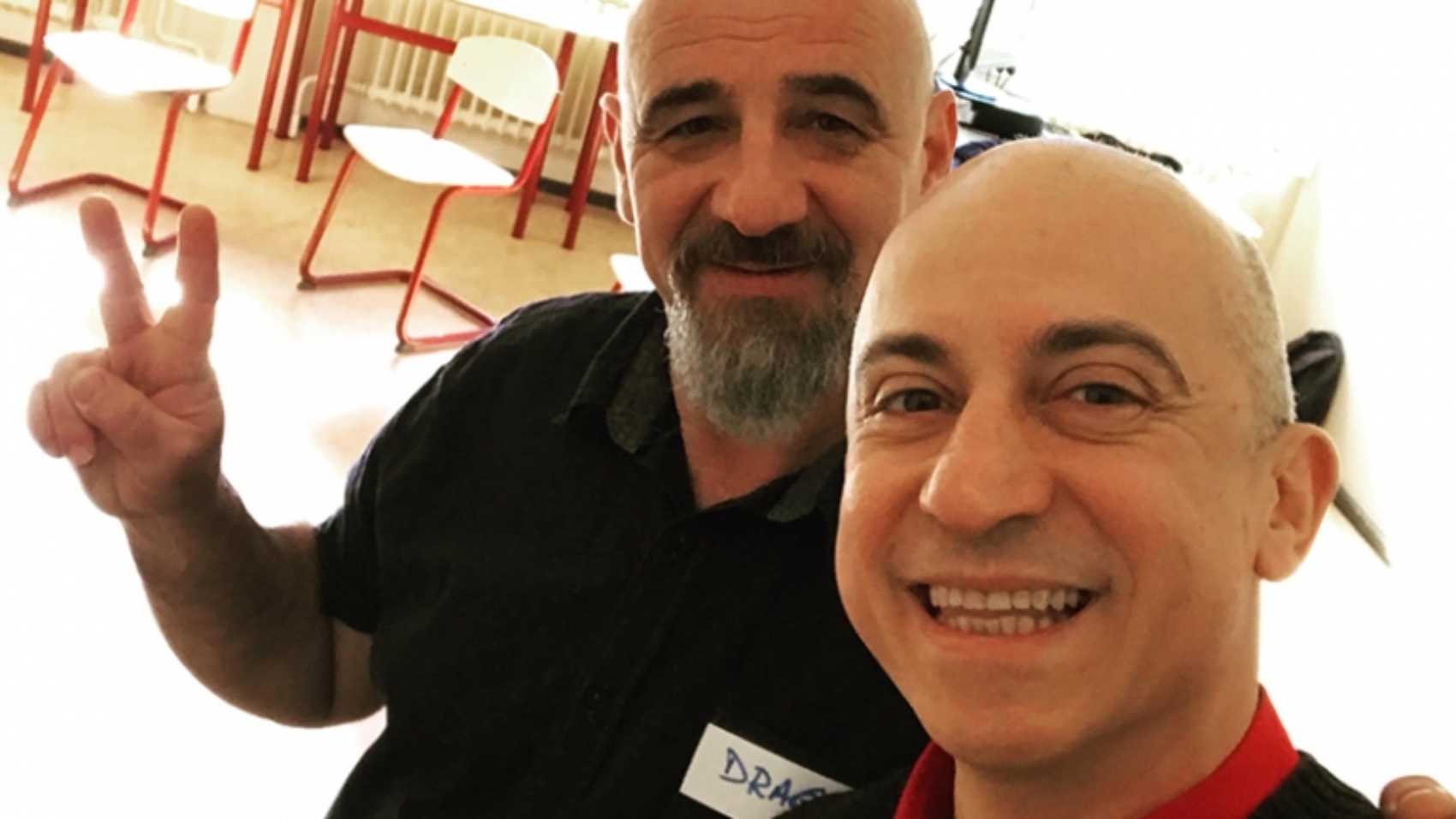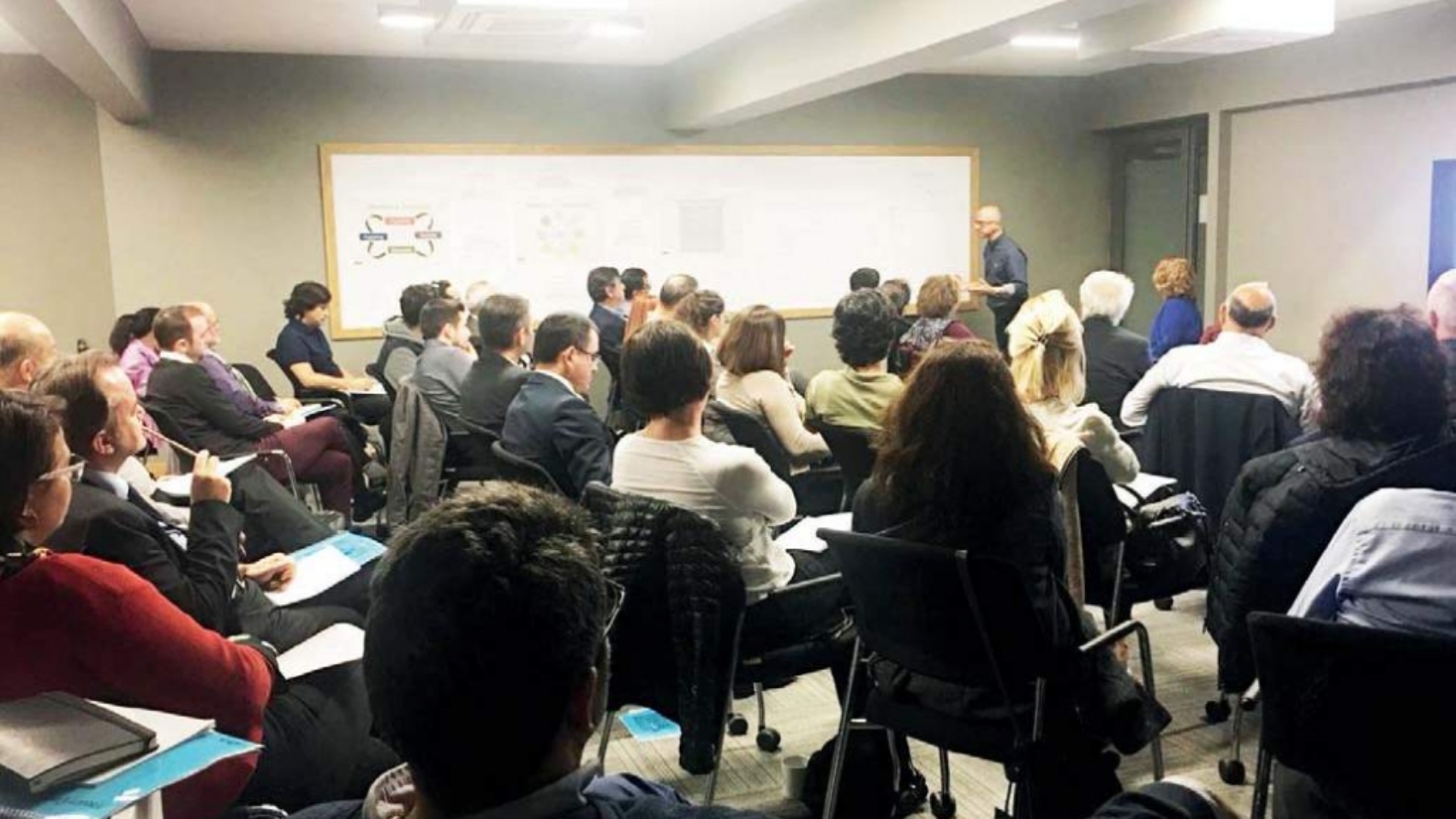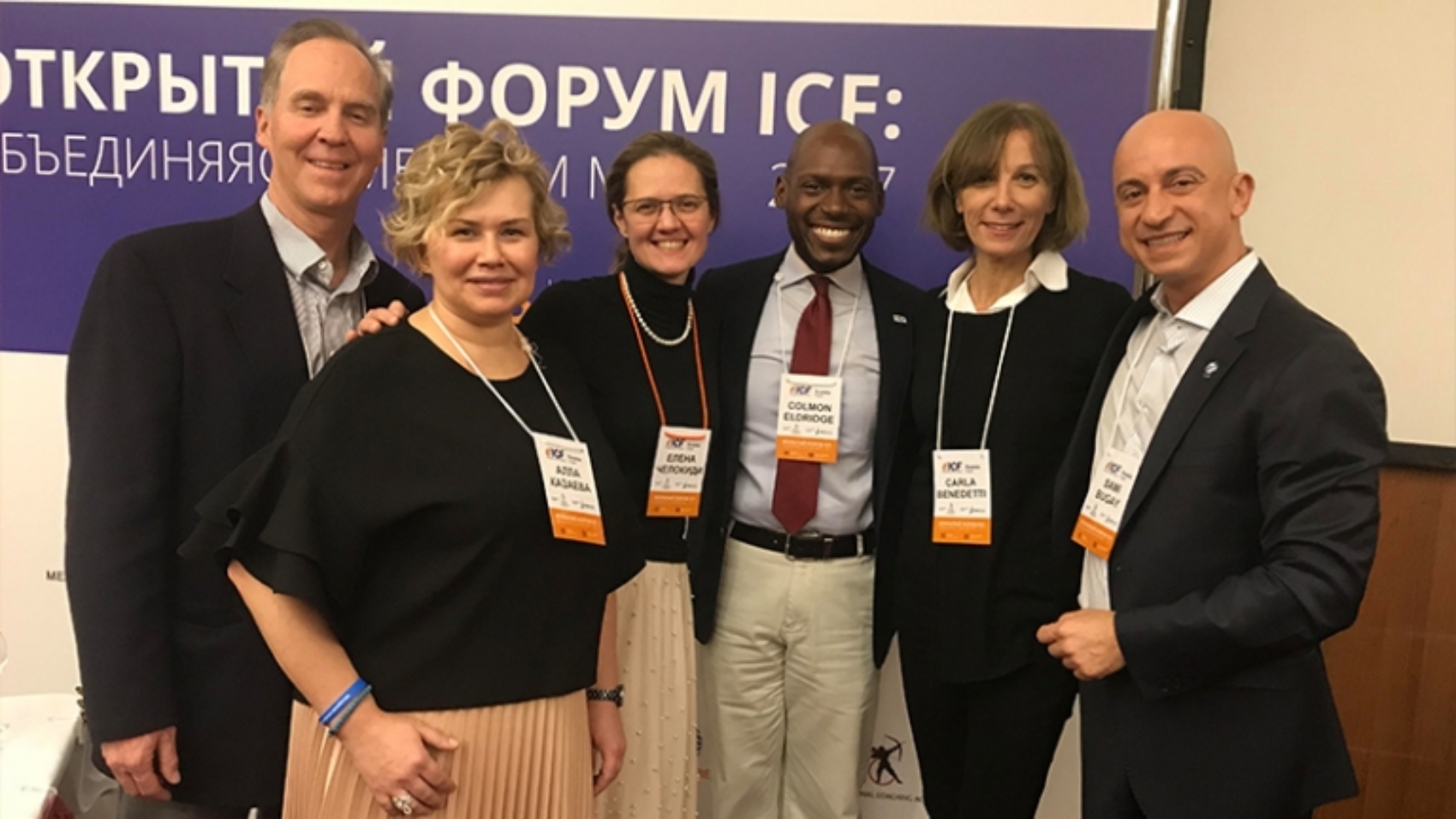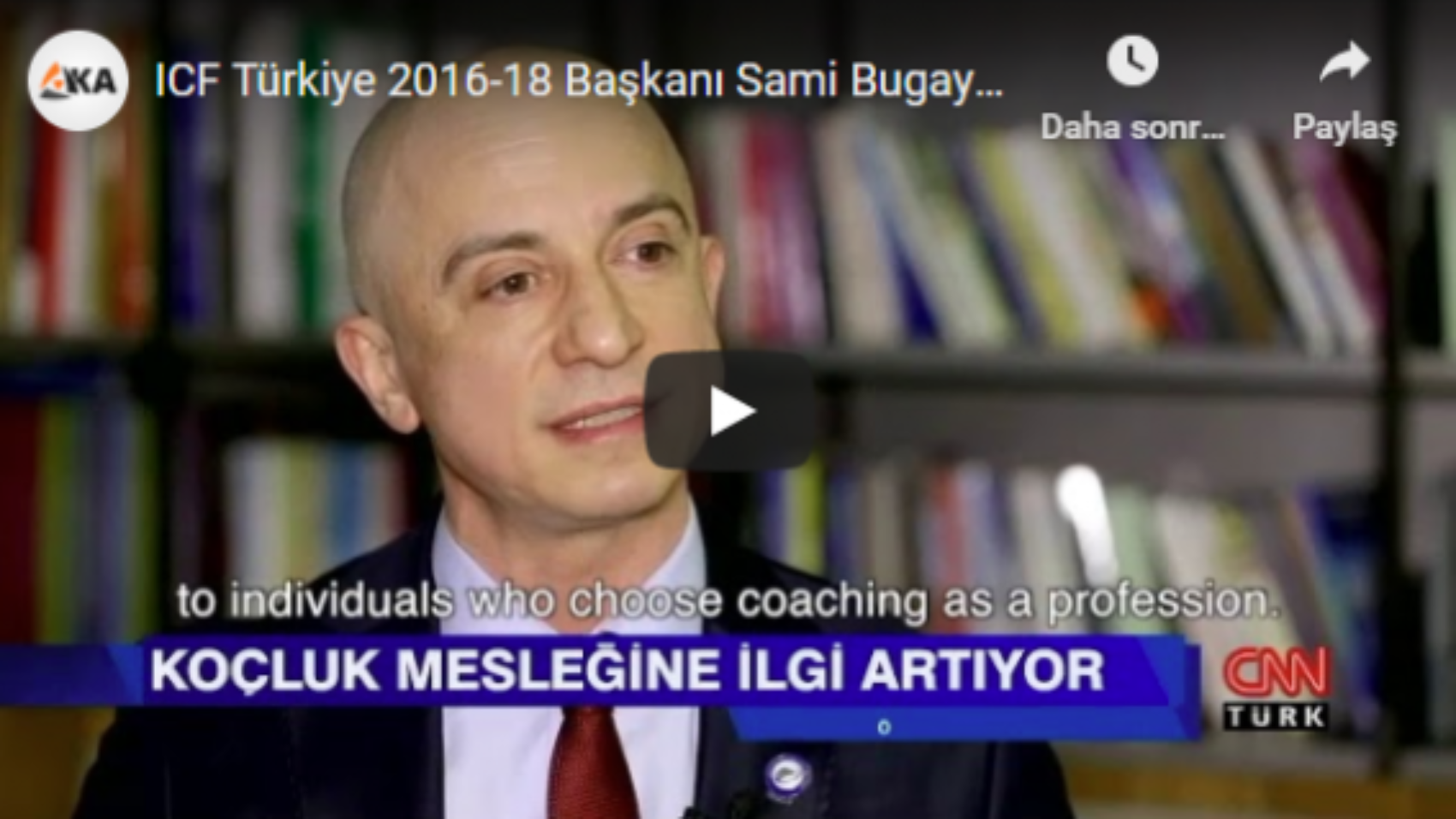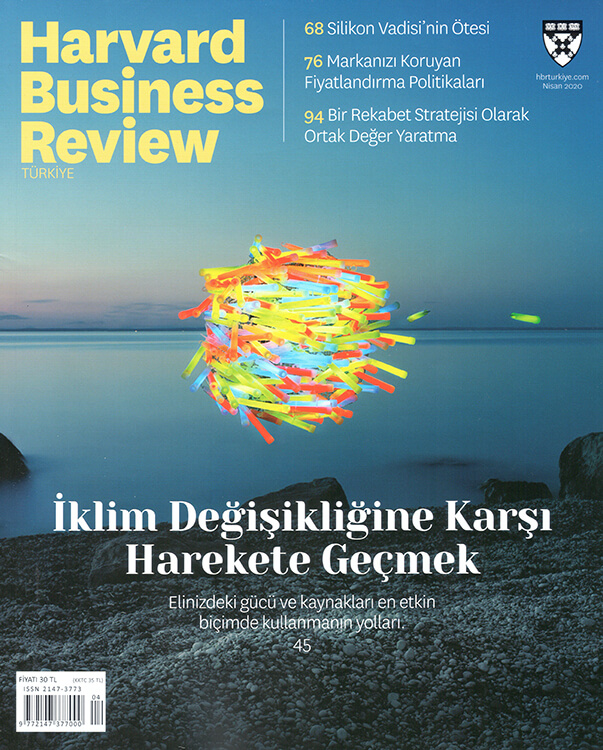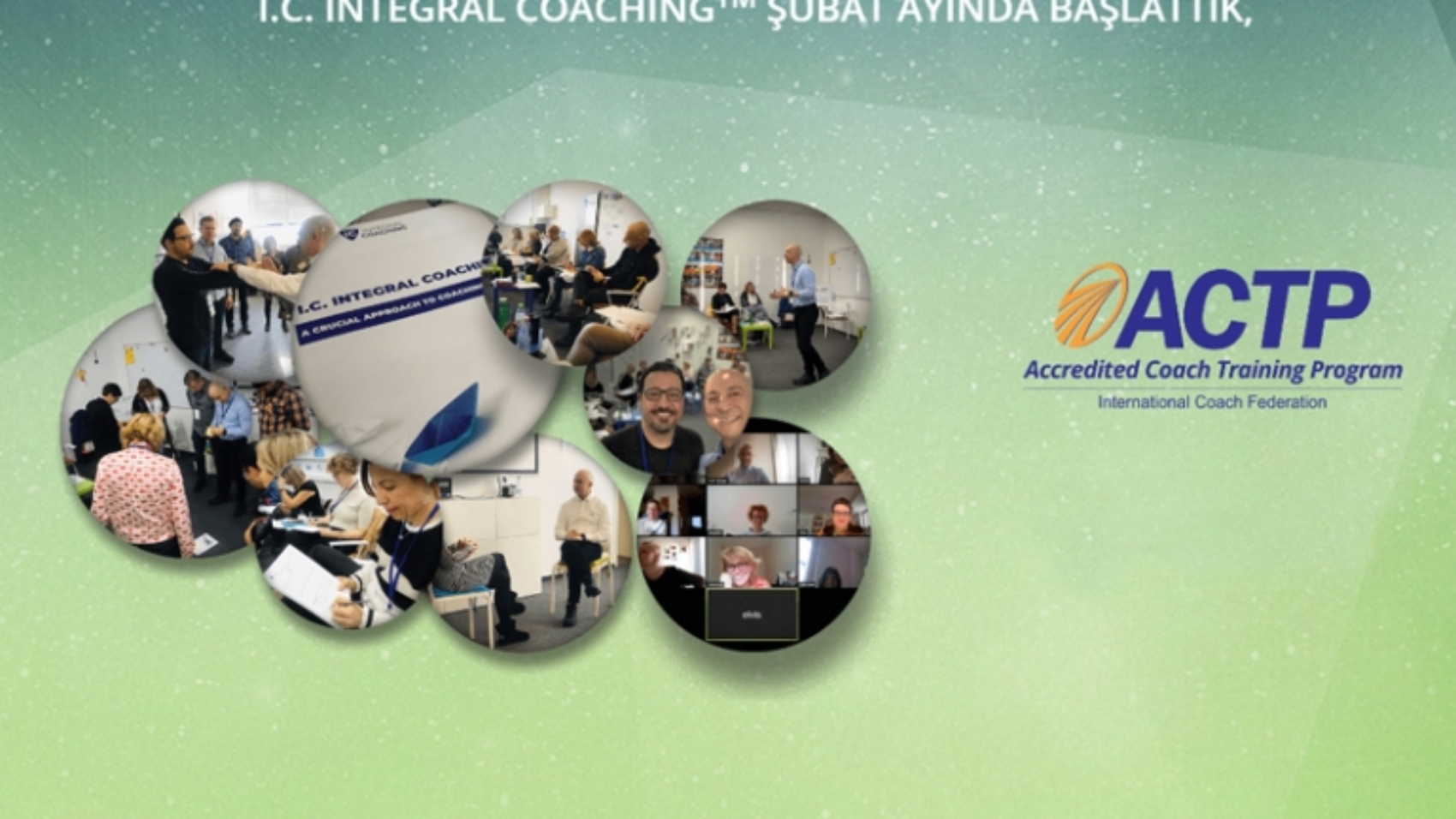Your reputation is determined by the environment you live in.
character, the truth you believe in…
Reputation is what you think it is;
the character you are…
Reputation is photography;
character is face…
Reputation comes from outside;
The character is sincere…
Reputation is what you get when you join a new community; the character is in his hand as he goes…
Your reputation comes in an instant;
your character, throughout your life…
Your reputation is learned in an hour;
your character doesn’t come out in a year…
Reputation grows like a mushroom;
character lasts forever…
Reputation makes rich or poor;
character is happy or unhappy…
Reputation is what people engrave on a tombstone; what the character angels say about you in the presence of God…
William Hersey Davis
There Might Be Talents, Skills, Hidden in the Depths of Your Career
How aware are we of our abilities? There are many concepts such as talent, competence, skill, what is written, what we read, what is said to us. So how well do we know ourselves? How much do we care about our career story? Is our career shaped by our conscious choices in the details of a career journey that we have planned, with just a CV or where the wind takes us and swept it away?
This article is about a topic that I have seen in career development coaching sessions that I have held for a long time and that I find very important. “Many people – I am not exaggerating this – do not see an important part of the experience they have gained in their career journey, because they do not know how to look” It is not because people exaggerate their experiences; On the contrary, I say that because they do not realize some of their skills and abilities, they do not see themselves as sufficient or strong. The indecision about where, in which direction, how, to go creates an individual who cannot be satisfied with his career.
Each of the choices we make in our daily or career lives, the decisions we make, our fears, and our successes is a space, an opportunity, where we can showcase our talents. When you look deeply into these areas, there may be moments of happiness, moments of satisfaction, and moments of displaying your talents. Looking at your career from this point of view, looking deeply at the tasks you have overcome, not superficially, allows you to see the talents you have. In order to do these things, it is very important for a person to know himself, to know his limits, not to limit himself, but to what he can achieve. Even a simple task, job, project that you have to overcome contains many skills and competencies in itself. A wrong decision made includes a lot of new information and enlightenment learned in a wrong made. No one wants to remember the mistakes they have made, because making mistakes is negative and bad in our culture, but despite this, we can access many new knowledge and skills that we have learned through experience, just by examining the mistakes we have made in depth. We will see the values and skills we have when we remember an “achievement” that we forgot or felt small in our career.
By forgetting how the time passes, a work, a job, a project, a talent we have, a behavior we are strong in with our inner motivation – can and does bring out; At that moment, we cannot even imagine that this will happen.
When we do not think about what our talents can achieve, when we do not think about it; If we cannot see how our career has developed and what skills we have come to today, how will it be possible to predict what our short-term or long-term goal will be, and to go there?
Unfortunately, many people still look at career development as getting an education. There are many people who believe that their careers do not develop and stall because they do not go to training in their companies. When they hear about “Career Journey”, there are those who believe that human resources or their own managers sit in the driver’s seat of the “career tool” and wait for them to sit. “My manager and human resources did not promote me” is such a familiar phrase. This has certainly not been so for a long time now. Everyone is holding the career wheel and directing their own career in their own “driving seat of the career vehicle”.
Where are you? What’s going on in your relationship with your career?
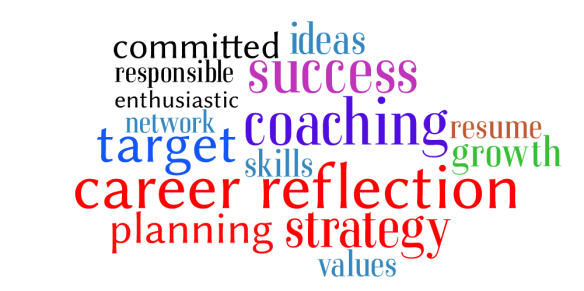
Even now, while I am writing every word of this article, as I read, you are going somewhere different from where you are. This is the level of consciousness that will go to the non-working professionals who work sooner or later: “We shape our own careers” Is it to talk behind someone’s back when a person in the next department is promoted, or to challenge a change of job, more responsibility, risk taking, stepping out of the comfort zone? A choice in both directions, one that must be made consciously, not accidental.
What is the starting point? The question may be meaningful. My answer will be to know yourself, to realize your values, strengths, talents and achievements. Everyone has all the resources they need to succeed. Your resources such as success, skill, talent may be hidden in your career story – your personal history. Now the name of the treasure hunter comes to my mind while writing these; The name talent acvisi also fits well here. Your skills and talents that have been forgotten in the depths of your career may be waiting to be rediscovered. In my career development studies, many of my clients acted as if they had learned something new when they realized the talents they had about themselves. A counselor expressed that I have a feeling of “like the joy you experience when you find something that you think you have lost and that you value very much.” Yes, it is a powerful feeling to know oneself and to feel that one’s career is in the driver’s seat. Making everything that hinders your development visible, planning and realizing the actions that will overcome them one by one requires a high level of commitment. To do and follow this without interruption, an outside eye, a consultant, mentor, coach will focus you on the goal you will reach, and will enable you to arrive faster.
Yours sincerely
Coaching Approach to Dealing with Complaints – So What Do You Want?
A person complains an average of 15-30 times a day. Before naming a person as a complainer, it would be correct to understand the psychology of complaining. Complaining creates a psychologically relaxing ‘feel good’ effect for the complainant. One of the basic needs for people is the desire to connect with others. People use complaining to actually build intimacy. For example, in the elevator, we look for a way to communicate with people we do not know, and for this, many of us talk about how hot or cold the weather is, that is, we complain. We talk about the flight being late at the airport to communicate with the stranger next to us. Complaints also serve as a basis for us to create a bond with the person we want to communicate with – building solidarity.
Without exception, there are believers in every workplace who complain about something, right? People who cannot find the peace they seek at work, those who are under the influence of their negative inner voices and who play the role of “victim”. So these people look like this from the outside. These people tell you, one by one, which department made a mistake, which manager made wrong decisions, could not manage, how company leaders made wrong decisions and how they managed ineffectively, from their own perspectives. They make good use of coffee breaks, lunches, meetings, and one-on-one conversations, and fill the atmosphere of the company’s culture with toxic chemical clouds of emotion.
It nourishes and enlarges the feeling of hopelessness and helplessness in terms of the feelings it carries and spreads. These feelings are contagious, just like yawning. I’m sure everyone has experienced this in their career. Even if we don’t, we are exposed. So how is it possible to look at the “complaint” point of view from the other side as an opportunity for “satisfaction”?
This area definitely comes up for me in my mentors that I coach. Some people are so caught up in complaining that they seem to be enslaved by negative emotions. In fact, they complain about themselves without realizing it, they see their own shortcomings and what they cannot do. Of course, we can also call it specialization.
No matter how negative and negative the “complaint” may be, it is actually a need for some people. It is also possible to approach him constructively from the positive side, because the complaint has great value, and when you see the potential of the complaint or make the other person see it, then the change begins. A husband actually makes one see this.
When I look at the issue from the coaching approach; Although realizing “what is missing” is actually a special talent, a negative behavior, everything changes depending on how you look at it. People may not know how to turn these abilities into a positive and positive side, and because they do not know how to express this, they may be labeled as “complaining”, “complainant”, at work or in their private lives.
Yes, the complainant is disliked, it is not expected and desired behavior, especially in the work environment, these people are not wanted because they emit toxic energy. It is possible to help both those who complain and those who are exposed to complaints with a coaching approach.
First of all, you can help these people by looking at them as “people who want things to be different, to be done differently”, not from the point of view of “complaining, unwanted person”. Companies that understand the value of the complaint are able to truly heal and develop themselves. This is why Complaints Management is an important concept. Complaint or you can call it feedback if you want, it is also perceived as a gift in some cultures because when you give feedback or “complain” to someone about something that you think is not right, you are actually giving them a very valuable opportunity – you are holding up a mirror – you are making them see themselves and help them change. You are giving your opportunity. Complaints are that valuable, yes – from where you look is also very important.
When the complainant is approached from this point of view, you can clear the complaint from ‘negativity and negativity’ and focus the person’s energy on ‘expressing wishes’. This will also enable the person to focus on the solution on the issue that he or she sees incomplete and wants to change.
When you’re a good listener, it’s not hard to see the formula that will bring out the desires between the lines of the judgment, evaluation, reproach, or opinion that is the subject of a complaint. It is very practical to be able to do this in daily life. “What is your wish?” The question has a very effective and calming power. If you remember, what effect does it have on the other side when the genie in Aladdin’s Magic Lamp says this
The energy and power of turning the complaint into a request pushes the complainant to think about it and take responsibility for the problem in order to find a solution instead of just voicing it.
The main purpose is not to offer a solution to the person’s complaint, but to enable him to take responsibility and guide the solution. Because as you suggest a solution, you may also be complaining about your solutions, such as ‘we haven’t tried it before’, ‘no way’, because instead of giving the complainant other areas to complain about, it is the wisest thing to ask questions directly. Other strong questions might include:
- What exactly do you want from me?
- How can you produce a solution?
- What can you do in this situation?
- Where can you start to step up?
- Who can help you with this?
- How can I help you?
So what kind of request is it to ask the person to “stop complaining”? It will not be enough to ask a person who is unaware of the effect that the complaint has made on himself, his colleagues and the company, to stop the action he has made, and it may have the opposite effect, that is, he may replace the undesirable behavior with another undesirable behavior. Instead, it would be best to be more specific and ask him to “turn the complaint into a request”.
Be the one to complain or when you are asked to turn your complaint into a request, remember that each request will have 4 different answers.
Yes: Make a request without waiting for this response
No: A clear answer at least. You should think again and generate new alternative requests.
Counter offer: This will lay the groundwork for a mutually common solution and you are on the right track.
I’ll research this topic and get back to it: Keep following.
In a society, when there is a culture in which individuals communicate their wishes to each other with viable counter-offers on complaints, the environment of ‘carelessness’ will be replaced by the ‘possible alternative solution’ environment.
How do you feel when someone comes to you with a list of complaints?
How do you approach it when it’s replaced with a wish list?
İTÜMD New Mentorship Program 2018-2020
Preparations for the new term of the Mentoring Program, which was implemented by the ITU Alumni Association to support ITU students’ preparation for both learning and business life and determining their career roadmaps, have been completed. Before the new term, we talked to Sami Bugay, Founder and Managing Director of KA Consulting, who held workshops with mentors and mentees with the aim of increasing optimization, effectiveness and performance in the process, about the details of the program and mentoring
This year, you brought a new breath to the Mentoring Program. What did you do, can you talk about innovations?
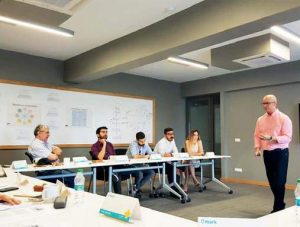
ITU Mentoring Program started with a very good infrastructure. During the process, there were those who joined the program and those who left. A mentoring training was provided at the very beginning of the program, but this has not been renewed over the years. At this point, there was no standard infrastructure. Mentoring is that people who have experience in a field voluntarily transfer their experiences, knowledge and experiences to support the success of the other and guide them in the process. This year, we expanded it a little more in the ITU Alumni Association. When mentoring someone in an area, you also need an alignment about the direction they want to go. Why does the person want that space? What is it that draws him there? How can he achieve the change in behavior here? What does he need to transform in his perspective or perception in order to be successful in this field? When we start to deepen with these questions, coaching competencies also come into play. Within this program, we had the chance to deepen in these areas as well.
Of course there is no end to it. We gave mentoring trainings, we can’t say this is over. That’s why next year, in the continuation of this program, with the friends who have taken this training, to polish their knowledge a little more, to deepen their knowledge and for the newcomers to be compatible with this program.
It would be meaningful to open a training from scratch again to ensure that they are.
How did you cooperate with the ITU Alumni Association for the Mentoring Program?
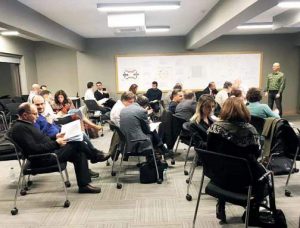
I was the president of the International Coaching Federation in Turkey between 2016-2018. The International Coach Federation (ICF) is the largest organization for coaching in the world, with more than 33,000 members in more than 140 countries and setting the standards on coaching for 30 years. Erdem Türkkal from the ITU board of directors called me one day and said that we will start such a program, can you come and share your ideas as an ITU student. Then we talked to Veli Tan Kirtiş, President of ITU Alumni Association. We, as KA Education Consultancy, stated that we would support them. We worked on what to put in the program and how we could best convey it using time, and we started in April. I gave the entire program at ITU.
What is the goal of the program?
The goal of this program is to make the mentoring service provided within ITU a homogeneous standard structure, to ensure that everyone who mentors goes through this process, and to give people tools that they can use other than just supervising and transferring the subject. On the mentee side, why do they want to receive mentoring?
to think. To align this process with both the person who will give voluntarily and the person who will receive it in an expectation perspective and to enable people to give their own experiences and wisdom together with a methodology. I may be very authoritative in what I do, but if I don’t know how to pass this information on to you, how to align my resources with your expectations, then my benefit to you is minimal, no matter how much I want it. In this process, we aimed to increase optimization, efficiency and performance on behalf of both service providers and service recipients.
Where did the workshops take place? How many mentors have you trained so far?
We held it in the big meeting room of the ITU Alumni Association. Each program lasted three and a half hours. We worked with nearly 200 mentors. We have done 14 classes so far.
What do you do in the workshop?
We are working towards the application. Mentors can provide meaningful support to mentees in line with their goals. If we wonder what the other person values, what is important to them, what their worldview is, from which perspective they look at the world, and gather a little more information from these places, we can provide better support regarding the way they want to go. We clearly reveal the level of mutual knowledge and what the expectations will be. This is a very important thing.
Can anyone be a mentor? What is important in mentoring?
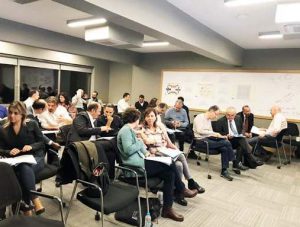
There is one of my favorite sayings: If you have an intention, there is a way. I think there is a time to give and take in mentoring. It’s a project on volunteering we’re doing here. We are talking about an area where you start to give back what you have accumulated in mentoring. Where you intend to give back what you have taken, where you begin to share your knowledge and wisdom. If you intend to do this, you can do it, but you need to learn how to do this job without breaking the will of the other person. I am not you. Your abilities, competencies, the system you are in, the environment, the people you come in contact with, your upbringing are the things that affect your existence today. You need mental stretching as a mentor. You can do this most easily from the moment you start to make your coaching competencies or support competencies that person-centered.
In other words, it is possible to reach a meaningful conclusion when you start to look at what is in the current dynamics of your mentee and how they can enter this sector.
What are the expectations or problems of the mentees?
One of the most important topics is that the incoming mentee does not have a meaningful and future-oriented framework in his mind about why he wants to receive mentorship. When I say where do I want to go, how can I get the maximum benefit at this time, what need should the mentoring program meet, in fact, the event will come to a very different stage. We mostly see an area of development here.
Are there important points in mentor and mentee matching?
Of course, it is valuable that someone from the department they are studying gives them perspective and that someone who has done this job for a long time is mentoring. However, the most important thing is that it is mentored on its own; because even though we all come out of different sources at the same time, we come out with a certain perspective. It is also very valuable to hear about the business world and the future from a different perspective.
Since 2005, you have collected all your knowledge in the book of Holistic Team Coaching. Can you talk a little bit about this book?
Holistic Team Coaching is a book written for professionals who coach for their colleagues, managers who lead teams, and those who exist in a team as a team member.
It is the first team book written by a Turk and published in Turkey, half of it is theory and half is practical. The English version will be available on Amazon soon.
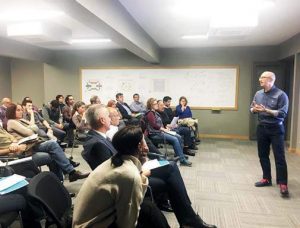
ABOUT SAMİ BUGAY
Born in Istanbul to a worker family, Sami Bugay completed the International Management program at IU Faculty of Business after graduating from ITU Mathematical Engineering. Bugay, who started his first coaching training in 200A and then completed the programs of six different coaching schools, has more than 6,000 hours of coaching experience. As the Founder and Managing Director of KA Consulting, Bugay’s work areas include individuals, corporate leader development, new managers preparing for the top level in organizations, entrepreneurial managers, corporate and personal change. Bugay served as the President of the International Coach Federation Turkey in the 2016-2018 period. He wrote the book Holistic Team t Coaching.
Sophia, Will You Marry Me?
Here is basically what we know; We are not talking about Sophia Loren, who married the famous director Carlo Ponti and celebrated her 80th birthday recently with charismatic actor Cary Grant, whose love rumors made the headlines at the time… Naturalized by Saudi Arabia on 24 November 2017, developed by Hanson Robotics after years of hard work, We are talking about the first humanoid robot Sophia.
According to the research published in the Business World Forum in Davos in 2016; When the competencies sought in leaders and employees in the world were listed, “complex problem solving capacity” came first and “creativity” came 10th. The prediction of the same report for 2020 stands before us in a striking way; As expected, critical problem solving ability is again in the first place, while creativity rises to 3rd place and we come across the 6th place with the main striking point: Emotional Intelligence!
In recent years when we are talking about Industry 4.0, digital transformation, AI – Artificial Intelligence, EQ, which was brought to the agenda by Coleman and Richard Boyatzis in 1995, seems to have returned again, this time permanently, after 22 years.
Published in 2016 by the famous robot company Boston Dynamics, which was bought by Google with great hopes in 2013 and sold to the Japanese in June 2017, the company employee hit the box with an ice hockey stick and the robot called Atlas, which he was trying to lift, repeatedly dropped it and forced the robot by dragging the box on the ground. , and even the video of him hitting the ground with a stick from his back, disturbed Google in terms of the social perception it could cause, and it was the end of the Google-Boston Dynamics marriage.
What we really need to pay attention to here is our “Emotion” area that separates us from many species as human beings, and one of our most important capacities in this area is the ability to empathize. real. As humanity, we will encounter drones, humanoid robots and different forms of robots in many areas, including air transportation, in the years 2040-2050.
As people; We will encounter situations where we will have difficulty in establishing non-emotional communications, and sometimes we will be confused by machines that physically resemble the original, that is, us.
In such cases, we need to differentiate ourselves and the effect of the human or “human-looking machine” on us, to better perceive and differentiate our own emotions and the emotions of those around us.
Forbes’ research this year shows that in the next three years, 50% of the workforce will be Millennials. This research assures that this wave, known as the generation demanding coaching support, will continue the momentum and growth of the coaching profession, whose demands from the business world and the fastest rising in the last five years in the medium term we mentioned above, will continue in the coming years. But the crucial question here is: Does anyone who identifies as a coach really have these competencies? Has he/she passed an international education in this field? And perhaps most importantly; What kind of activities does he/she demonstrate to improve himself/herself? Does it have an accreditation in international standards and can it document it?
I wish for all of us to have a life in which we grow and develop not only mentally but holistically.
With Respect and Gratitude,
Sami Bugay
Master Certified Coach MCC – International Coach Federation
NCC – Certified Ontological Coach




